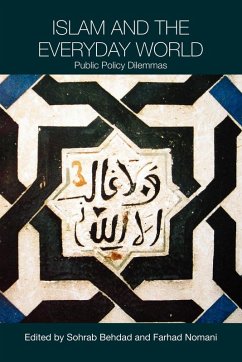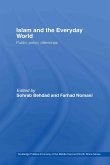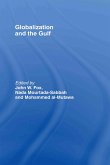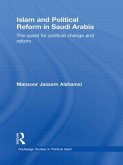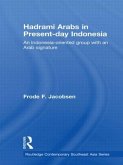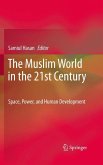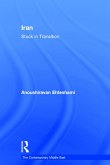This is a new examination of how Shari'a law affects public policy both theoretically and in practice, across a wide range of public policy areas, including for example human rights and family law. The process by which public policy is decided - through elections, debates, political processes, and political discourse - has an additional dimension in the Islamic world. This is because Shari'a (divine law) has a great deal to say on many mundane matters of everyday life and must be taken into account in matters of public policy. In addition, matters are complicated further by the fact that there are differing interpretations of the Shari'a and how it should be applied to contemporary social issues. Written by leading experts in their field, this is the first comprehensive single volume analysis of Islam and public policy in the English language and offers further understanding of Islam and its wider social and political implications.
Hinweis: Dieser Artikel kann nur an eine deutsche Lieferadresse ausgeliefert werden.
Hinweis: Dieser Artikel kann nur an eine deutsche Lieferadresse ausgeliefert werden.
'This pioneering volume goes beyond formalistic analysis of Islamic states and standard discourses of public policy to underscore the actual significance and limitations of the influence of Islamist normative and legalist discourses on key areas of public policy in the Muslim world.'
- Jomo K. S., editor of Islamic Economic Alternatives
'Does Islamic Law affect public policy? The authors methodically uncover the complex interaction between religion and social change in the Muslim world.'
- Tarik Yousef, Shaykh Al-Sabah Chair in Arab Studies, Center for Contemporary Arab Studies, Georgetown University
- Jomo K. S., editor of Islamic Economic Alternatives
'Does Islamic Law affect public policy? The authors methodically uncover the complex interaction between religion and social change in the Muslim world.'
- Tarik Yousef, Shaykh Al-Sabah Chair in Arab Studies, Center for Contemporary Arab Studies, Georgetown University
'This pioneering volume goes beyond formalistic analysis of Islamic states and standard discourses of public policy to underscore the actual significance and limitations of the influence of Islamist normative and legalist discourses on key areas of public policy in the Muslim world.'
- Jomo K. S., editor of Islamic Economic Alternatives
'Does Islamic Law affect public policy? The authors methodically uncover the complex interaction between religion and social change in the Muslim world.'
- Tarik Yousef, Shaykh Al-Sabah Chair in Arab Studies, Center for Contemporary Arab Studies, Georgetown University
- Jomo K. S., editor of Islamic Economic Alternatives
'Does Islamic Law affect public policy? The authors methodically uncover the complex interaction between religion and social change in the Muslim world.'
- Tarik Yousef, Shaykh Al-Sabah Chair in Arab Studies, Center for Contemporary Arab Studies, Georgetown University

